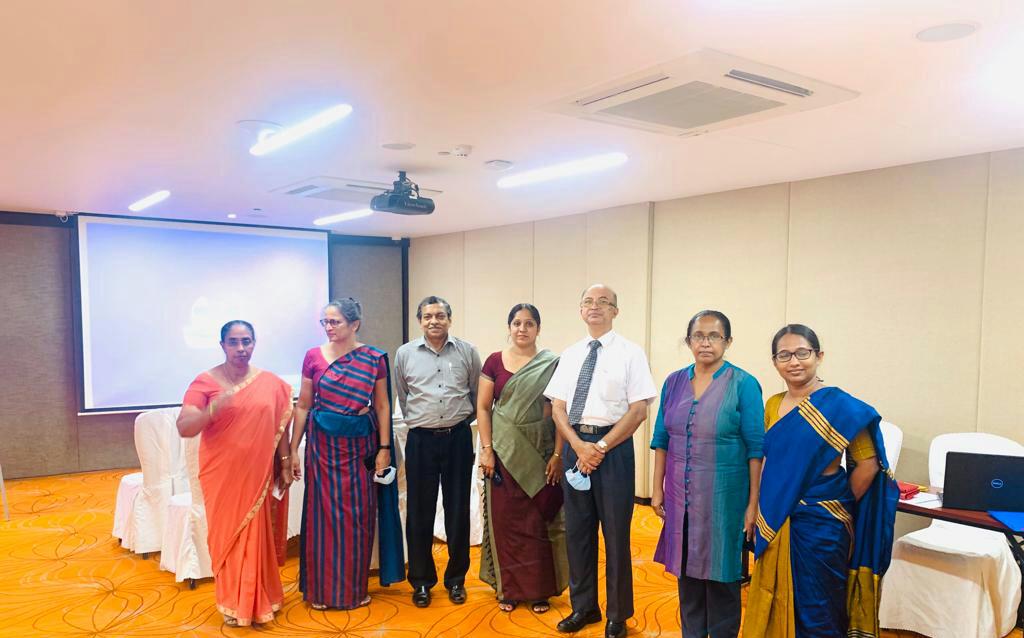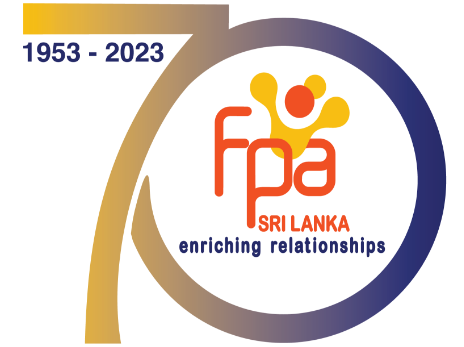Integrating MISP into the national Public Health Midwives training curriculum

Midwives are key contributors to sexual, reproductive, maternal and newborn health care. Public health care professionals also agree that qualified midwifery care contributes to a sustained reduction of newborn and maternal mortality.[1] Their role is essential in stable times, and even more so during emergencies; hence the International Confederation of Midwives recommends the integration of disaster and emergency preparedness into the educational programme of midwives.[2]
The potential of midwives during emergencies is central and having MISP part of the curriculum contributes to sustaining the availability of trained health professionals to provide priority SRH care during emergencies.
The Family Planning Association of Sri Lanka (FPASL) advocated integrating a MISP module into the Public Health Midwives (PHM) training curriculum. We worked together with the Family Health Bureau, Disaster Preparedness and Response Division and the Education, Training & Research Unit of the Ministry of Health to identify the elements of the MISP training package that were missing and where these could be integrated into the PHM training curriculum. FPA conducted advocacy meetings with both entities to ensure buy-in and commitment for the implementation.
The trainer guide and case-based learning activities for the suggested Disaster Management and MISP modules in the PHM curriculum were developed with Dr. Novil Wijesekara , CCP, DPRD, Ministry of Health, and Brig. (Dr.) Tamara Wickramasekara , Consultant SPRINT III.
Participants at the event were; Dr.Hemantha Herath , Deputy Director Genaral Health Services, Ministry of Health, Dr.Umanga Sooriarachchi , Education, Training and Research Unit, MoH, Dr.Priyanga Ranasinghe , Disaster Preparedness and Response Unit , MoH and Dr.Aruna Rajapakse, Deputy Director, Regional Health Training Centre, Kadugannawa, together with medical staff members from the Ministry of Health.
[1] Renfrew MJ, McFadden A, Bastos MH, Campbell J, Channon AA, Cheung NF, Silva DRAD, Downe S, Kennedy HP, Malata A, et al. Midwifery and quality care: findings from a new evidence-informed framework for maternal and newborn care. Lancet. 2014;384(9948):1129–45.
[2] Position Statement: Role of the midwife in disaster/emergency preparedness PS2014_003. The Hague: International Confederation of Midwives; ICM (International Confederation of Midwifes); 2015
.png)


